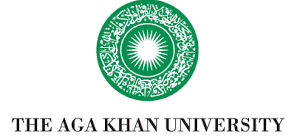Institute for the Study of Muslim Civilisations, London
October 19, 2017
Part of DIALOGUES 2017: a thought-provoking series of seminars on governance in Muslim contexts
The Governance Programme at the Aga Khan University’s Institute for the Study of Muslim Civilisations is hosting Governance and Public Health in Early Nineteenth-Century Egypt in the fourth seminar of its 2017 Dialogues Series.
Dr. Kamran Karimullah will explore the role that medical practice and medical discourse played in the historical evolution of political power and society in nineteenth-century Egypt. He will look at how shifts in the practice of political power were manifested in medical discourse and what medical texts can tell us about the nature of political power in Egypt during this period. He will also examine how translation mediated the reception of European medical discourse into Arabic as well as how it mediated the reception of techniques of what Michel Foucault has called “bio-power”.
Dr. Junaid Quadri will explore the fact that both health and governance focus on the care and management of the human person. He will examine the notion of personhood in the writings of two early twentieth-century Egyptian writers, looking at their treatment of the related concepts of “religion” and “conscience”. He will explore the questions that occupied Islamic writers of this period, and outlines a shift in emphasis within Muslim thought towards a more thorough-going notion of the human as an individual, capable of independent ethical evaluation.
Speakers
- Kamran Karimullah: Lecturer in Islamic Philosophy and Medicine at the University of Manchester.
- Junaid Quadri: Assistant Professor of History at the University of Illinois at Chicago.
Chair
Dr. Gianluca Parolin.
Further Information
Full information is available at:

